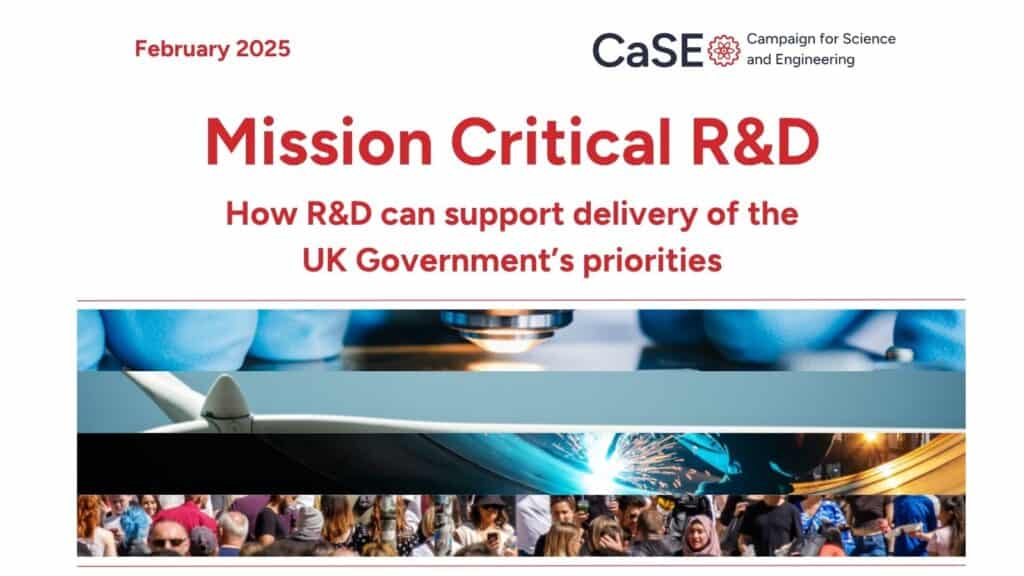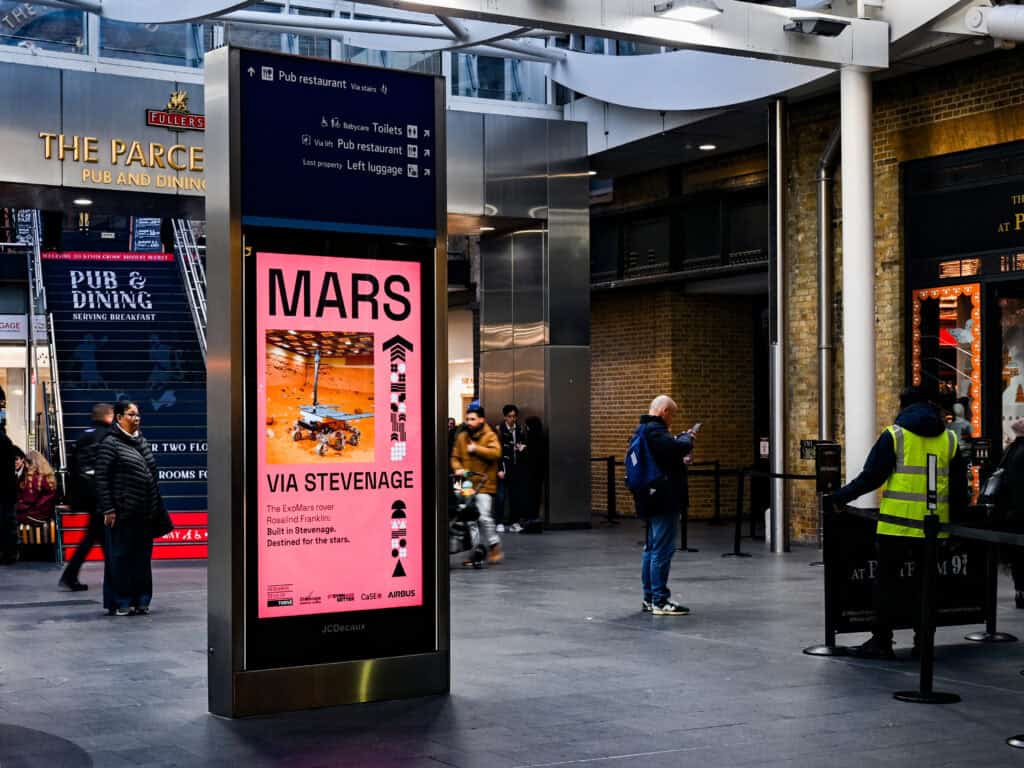Our response to the Government’s consultation on the new industrial strategy.
CaSE submission – Building our industrial strategy
04 May 2017
The Government’s commitment to creating an industrial strategy has been widely welcomed across our membership. This response draws on wide consultation with our members across the UK and from industry, academia, research charities, and further education.
A major factor influencing the context within which an industrial strategy is developed is of course the UK’s vote to leave the EU. However, we were pleased that the Prime Minister voiced her government’s commitment “to ensuring a positive outcome for UK science as we exit the European Union”. This will not only require a positive outcome in the negotiations but must be complemented by a positive domestic policy environment, in which the industrial strategy could be a shining light for science and engineering.
The industrial strategy must be a powerful tool for mitigating some of the anticipated challenges presented by Brexit and helping to ensure that the UK remains an attractive and world-leading place for science and innovation.
This response looks at the following areas:
Vision
Evaluation
Stability and predictability
From the 10 pillars:
- Developing skills
- Investing in science, research and innovation
- Driving growth across the whole country
- Encouraging trade and inward investment
- Improving procurement

Download the full response
DownloadRelated resources

A lack of strategic oversight of university financial challenges could lead to serious unintended consequences for R&D.

CaSE, The Russell Group, and other UK R&D leaders have written to the Prime Minister and President of the EU Commission to highlight the importance of research collaboration in the future relationship between the UK and EU.

This report sets out evidence on the integral role of R&D in driving progress on the UK Government’s missions.

Polling shows place-based awareness and alliances can be foundations for national support, says Kim Shillinglaw. This post first appeared in Research Fortnight on 21st November 2024.